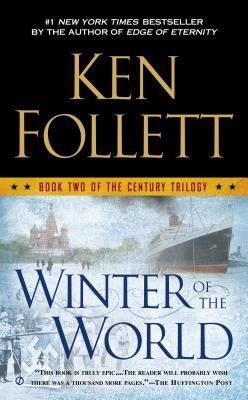Reviews
Simon Harding@simmyh
Ditipriya Acharya@diti
Christine@definitelynotskittles
Jonathan Tysick@jtsick6
Melody Izard@mizard
Alyssa Jacunski@unread-shelves
Rob@seeminglyrob
Linus Stieldorf@lks
Andrew@astahl
S. R. Spencer@srspencer
Stef Hite@stefhite
Jordan@jordanfischerr
Abbe Castillo@abbec
Cecilie Spangsberg@ceciliespangsberg
Alan@alancph
Kate Lillie@lilliek1
Kylie Frazer@fiercek
Courtney Burge@cburge317
Pablo Porto@pabloreads
Lacy Clagg@lacyneedscoffee
Lacy Clagg@lacyneedscoffee
Tiffany LeMasters@txtiff
Keven Wang@kevenwang
marc@marcmagn1
